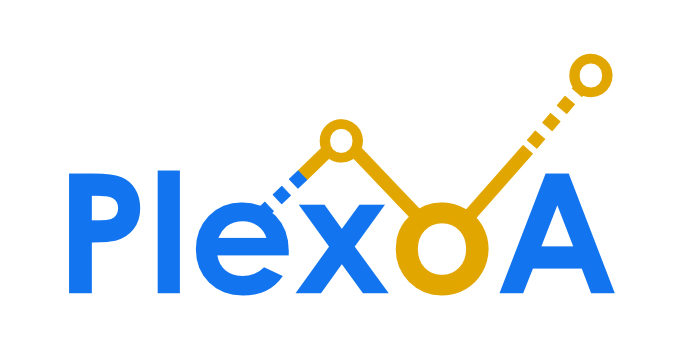In the rapidly evolving landscape of biotechnology, data has emerged as the new currency driving innovation and growth. As we navigate through 2025, the integration of data-driven strategies has become not just an advantage, but a necessity for biotech companies aiming to stay competitive. From drug discovery to clinical trials and market analysis, the power of big data and advanced analytics is revolutionizing every aspect of the biotech industry. This blog post explores how leveraging data-driven approaches is accelerating growth in biotech, offering insights into the transformative potential of these strategies and their impact on the future of healthcare.
In the realm of biotech, data is the compass that guides us through the vast ocean of possibilities, leading us to shores of innovation we once thought unreachable.
At the heart of data-driven strategies in biotech lies the ability to process and analyze vast amounts of information at unprecedented speeds. Machine learning algorithms and artificial intelligence are now being employed to sift through genomic data, identify potential drug targets, and predict the efficacy of compounds before they even enter the lab. This approach has dramatically reduced the time and cost associated with early-stage drug discovery. For instance, companies like Recursion Pharmaceuticals have leveraged AI to screen millions of cellular images, identifying potential drug candidates for rare diseases in a fraction of the time it would take using traditional methods. This acceleration of the discovery process not only speeds up the development pipeline but also allows companies to explore a wider range of therapeutic possibilities.


The impact of data-driven strategies extends beyond the laboratory and into clinical trials and patient care. Real-world evidence (RWE) and electronic health records (EHRs) are providing biotech companies with invaluable insights into drug efficacy and safety profiles in diverse patient populations. This wealth of data enables more targeted and efficient clinical trial designs, potentially reducing the time and cost of bringing new therapies to market. Moreover, the integration of wearable devices and digital health technologies is opening up new avenues for continuous patient monitoring and personalized treatment approaches. By analyzing this continuous stream of patient data, biotech companies can gain a deeper understanding of disease progression and treatment responses, leading to more effective and tailored therapeutic strategies.
Wrapping Up with Key Insights
The adoption of data-driven strategies in biotech is not just accelerating growth; it’s reshaping the very foundation of how we approach healthcare innovation. By harnessing the power of big data, AI, and advanced analytics, biotech companies are unlocking new possibilities in drug discovery, streamlining clinical trials, and personalizing patient care. The key to success in this data-rich environment lies in building robust data infrastructure, fostering interdisciplinary collaboration, and maintaining a culture of continuous learning and adaptation. As we look to the future, those companies that can effectively integrate data-driven approaches into their core strategies will be best positioned to lead the next wave of biotech innovations, potentially revolutionizing patient outcomes and the broader healthcare landscape.


Leave a Reply